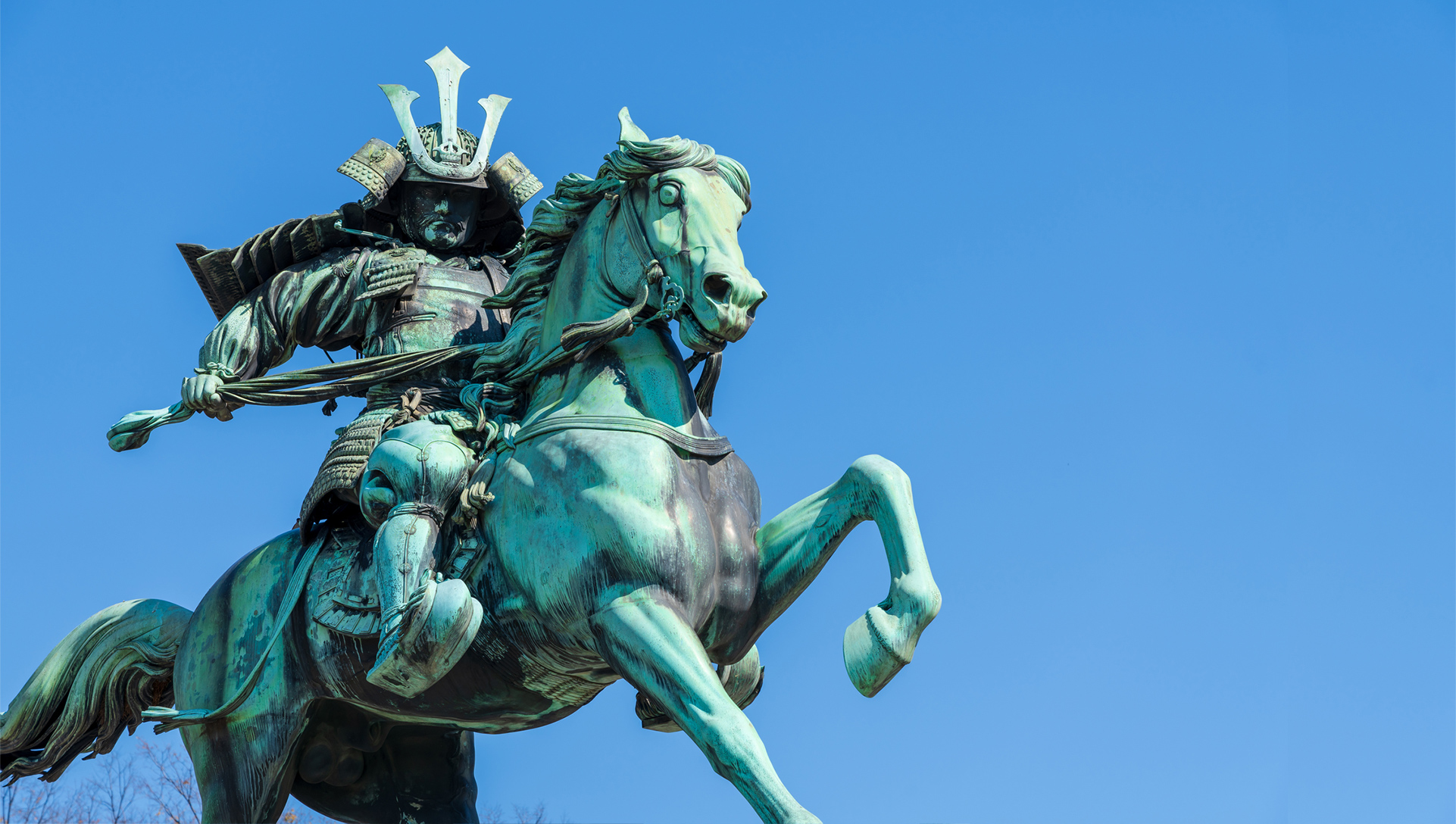Words related to sexuality during the Edo period vary in their usage today, with some still being used, others having changed meanings, and some no longer being used at all. Looking back, there are words that were spoken with meanings that are now unpredictable and others that were used in completely different ways than they are today. Let’s select and introduce some examples.
Agode Hae o Ou (Chasing Flies with Your Chin)
In the context of the Edo period, it referred to a condition called “jinkyo”, which meant becoming weak and debilitated due to excessive sexual activity or simply “having too much sex”. It was often used to describe men.
During the Edo period, the intake of animal protein was extremely low, so jinkyo was not necessarily a laughing matter.
It was a common theme in humorous anecdotes and haiku poetry to depict elderly men becoming weak and debilitated after surrounding themselves with young mistresses.
The expression “chasing flies with your chin” describes the state of being so physically weak from jinkyo that even if a fly lands on your face, you lack the energy to chase it away with your hand and can only make slight movements with your chin. It implies a severe case of jinkyo.

Example usage
From the spring book “Matakurako Omokagami” (lit. A Collection of Spring Feelings Contemplated in the Groin) (by Katsu Kawaharu, around Kansei 7th year)
A samurai speaks while being intimate with his wife:
“If I were to die from jinkyo, it would be the same as dying on the battlefield.”
Of course, this is a playful remark in the erotic book, but it can also be seen as a satirical comment on the samurai class during a peaceful era.
From the parody poem “Taihei Shinkyoku” (lit. Taihei’s New Collection) (by Yasumi Anasensei, Bunsei 2nd year)
The chin, unable to drive away the flies
The chin unable to accomplish it
Pitiable, genuine case of jinkyo
Worthy of sympathy, true case of jinkyo.
When your cheeks become sunken and emaciated, you lack the strength even to chase away flies landing on your face.
Oh, what a pitiful state, a true case of jinkyo.
The inability to chase flies with your chin indicates a severe case of jinkyo, where the condition is so debilitating that even such a simple action is impossible.
From the parody play “Fukunai Kakikan” (lit. Records of the abdominal viewing apparatus) (by Kashikoan, Bunsei 9th year)
A visiting doctor speaks to a male patient:
“Well, well, what’s the matter? It seems that you can’t recover from your illness because the kakashu(women) in your household are so beautiful.”
The doctor is diagnosing the man with jinkyo. “Kakashu” refers to one’s wife. The doctor suggests that he is unable to recover from his illness because he is constantly engaged with his beautiful wife.
The picture above depicts the scene of the doctor’s visit.
From the parody play “Musume Shosoku” (lit. Daughter’s News) (by Sanmonsha Jiraku, Tenpo 10th year)
Two daughters are having a conversation about romantic affairs, and one of them says thoughtfully:
“However, if two people who love each other end up chasing flies with their chins, that would truly be a desire fulfilled.”
If two lovers engage in excessive sexual activity to the point of jinkyo, it would be a desired outcome, suggesting that it is a positive aspect. It reveals the positive perception of sex among common women in Edo society.
Written by Nagai Yoshio
This article is presented to you by ![]()
If you want to know
more about Samurai If you’re interested in Samurais and Japanese history, then you’re in for a real treat with these period dramas! SAMURAI VS NINJA’s subscription service offers unlimited access to shows featuring Zatoichi, Miyamoto Musashi, and other cool samurais!In the early Heian period when the samurai appeared, their main job was to protect important people such as the imperial family. Enjoy period dramas on SAMURAI VS NINJA that will surely satisfy samurai, ninja, and geisha lovers.


